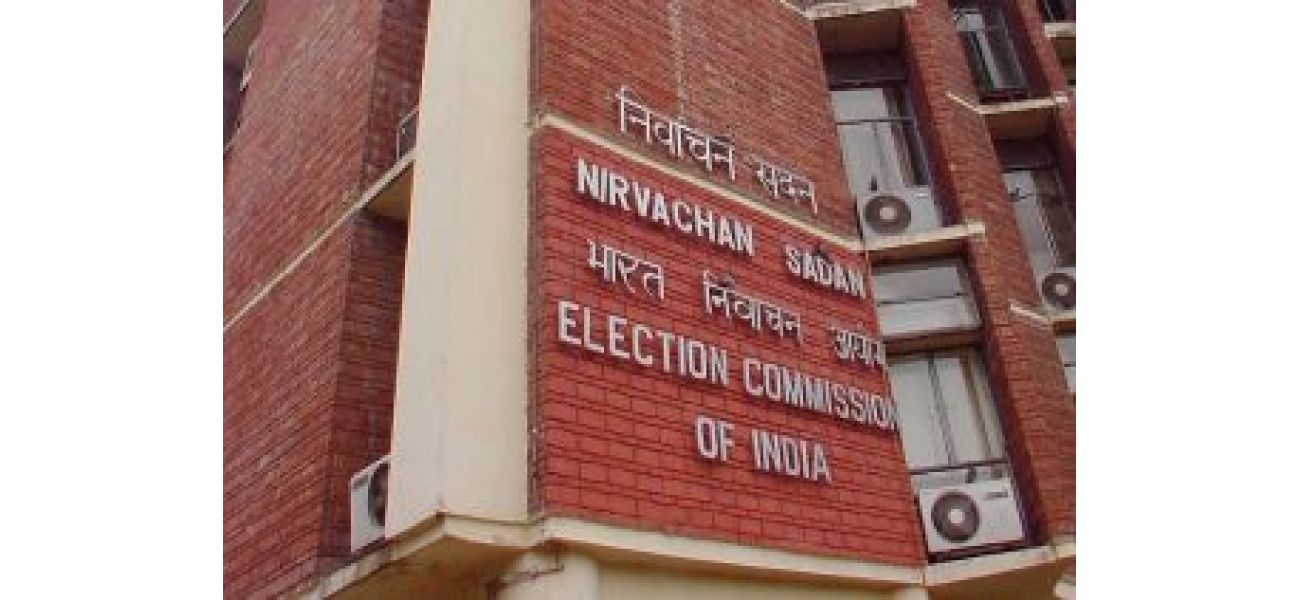Evidence that supports the act of casting a vote for a particular candidate or issue.
ECI launched electoral roll revision in Bihar ahead of Assembly polls, criticized for undermining democracy's core principle of universal adult franchise.
July 1st 2025.

As the Assembly elections in Bihar loom closer, the Election Commission of India made a big announcement on 28 June. They have launched a 'special intensive revision' of the electoral rolls in the state. However, this move has been met with criticism from many who believe that it goes against the core principles of democracy, specifically the concept of universal adult franchise that is guaranteed in India. The new initiative requires a whopping 2.93 crore voters to provide documentary evidence of their birth and their parents' origins. This exercise has been compared to a covert implementation of the National Register of Citizens, and opposition parties have raised concerns about the possibility of mass disenfranchisement.
In Bihar, there are currently around 7.89 crore voters, out of which 4.96 crore were already on the electoral rolls from 2003. For these voters, the process is fairly simple as they only need to verify their names and submit a form. However, for the remaining 2.93 crore individuals, things are not as straightforward. They are required to provide valid proof of their birth details, as well as those of their parents, including their place of origin. This new revision shifts the burden of proof entirely on the individual voter, which is a significant departure from previous practices. It now becomes the responsibility of the voter to prove their eligibility, without being given access to necessary documents, legal support, or information. This transforms a fundamental right into a challenging obstacle course, especially for those in rural areas, low-income communities, and migrants, where official records can be difficult to access or incomplete.
The process of revision requires voters born before 1 July 1987 to provide documents that verify their date and place of birth. Similarly, those born between 1 July 1987 and 2 December 2004 must provide similar documentation, along with proof of identity for one parent. And for individuals born after 2 December 2004, documentation for both parents is necessary. These requirements may seem simple on paper, but in a country like India, where official records are not always reliable or easily accessible, it could potentially deprive many of their right to vote.
The Election Commission has defended this exercise, stating that it is their Constitutional obligation to review the electoral rolls and ensure that only Indian nationals are included. They claim that this will also help weed out any illegal foreign migrants, especially from Bangladesh and Myanmar. The plan is to expand this exercise to other states like Assam, Kerala, Puducherry, Tamil Nadu, and West Bengal, where elections are scheduled in 2026.
However, opposition parties have accused the ruling party and the Election Commission of using this revision as a means to manipulate election results under the guise of administrative efficiency. They have condemned it as a Nazi-like effort to trace ancestry and infringe on people's democratic rights. The Congress party has also expressed concern about the deliberate exclusion of Muslim and Dalit communities from the voter list through the misuse of government machinery.
It is crucial for the Election Commission, which has recently faced criticism for being subservient to the government, to address these concerns and ensure transparency in this exercise. Any erosion of trust in a Constitutional body could have disastrous consequences for India's democracy.
In Bihar, there are currently around 7.89 crore voters, out of which 4.96 crore were already on the electoral rolls from 2003. For these voters, the process is fairly simple as they only need to verify their names and submit a form. However, for the remaining 2.93 crore individuals, things are not as straightforward. They are required to provide valid proof of their birth details, as well as those of their parents, including their place of origin. This new revision shifts the burden of proof entirely on the individual voter, which is a significant departure from previous practices. It now becomes the responsibility of the voter to prove their eligibility, without being given access to necessary documents, legal support, or information. This transforms a fundamental right into a challenging obstacle course, especially for those in rural areas, low-income communities, and migrants, where official records can be difficult to access or incomplete.
The process of revision requires voters born before 1 July 1987 to provide documents that verify their date and place of birth. Similarly, those born between 1 July 1987 and 2 December 2004 must provide similar documentation, along with proof of identity for one parent. And for individuals born after 2 December 2004, documentation for both parents is necessary. These requirements may seem simple on paper, but in a country like India, where official records are not always reliable or easily accessible, it could potentially deprive many of their right to vote.
The Election Commission has defended this exercise, stating that it is their Constitutional obligation to review the electoral rolls and ensure that only Indian nationals are included. They claim that this will also help weed out any illegal foreign migrants, especially from Bangladesh and Myanmar. The plan is to expand this exercise to other states like Assam, Kerala, Puducherry, Tamil Nadu, and West Bengal, where elections are scheduled in 2026.
However, opposition parties have accused the ruling party and the Election Commission of using this revision as a means to manipulate election results under the guise of administrative efficiency. They have condemned it as a Nazi-like effort to trace ancestry and infringe on people's democratic rights. The Congress party has also expressed concern about the deliberate exclusion of Muslim and Dalit communities from the voter list through the misuse of government machinery.
It is crucial for the Election Commission, which has recently faced criticism for being subservient to the government, to address these concerns and ensure transparency in this exercise. Any erosion of trust in a Constitutional body could have disastrous consequences for India's democracy.
[This article has been trending online recently and has been generated with AI. Your feed is customized.]
[Generative AI is experimental.]
0
0
Submit Comment





